|
For the last 23 years South Africans have celebrated the Day of Reconciliation on December 16. Introduced in 1995, a year after the country’s first democratic elections, the day is an attempt to forge unity against the backdrop of two big events in the country’s troubled history that were traditionally celebrated by the Afrikaner community on the one hand and the liberation struggle on the other. For many of the country’s Afrikaners, the day was significant because it marked a major battle their forebears, the Voortrekkers, won against the Zulus in 1838. For its part, the African National Congress celebrated December 16 because it marked the day on which its military wing Umkhonto
we Sizwe was formed in 1961.
Nelson Mandela was key to the country’s efforts to straddle these two worlds. As South Africa’s first democratically elected president, he was determined to try and forge unity in the country. To mark the centenary of his birth, we published a range of articles over the past year. First up is an analysis of former US President Barack Obama’s address honouring the centennial commemoration of Mandela’s birth – Aaron X. Smith explains the
address’s significance. Another event of the year was a celebration of Mandela’s life through photographs. Raymond Suttner walks us through an exhibition of black and
white photographs taken by Bonile Bam, while Louise Bethlehem and Karin Berkman explore poems written in Mandela’s honour. Further afield, Andy Higginbottom casts a critical eye on a corporate sponsored retrospective of Mandela’s life, while Tal Zalmanovich explains the history behind a London street’s name change.
|
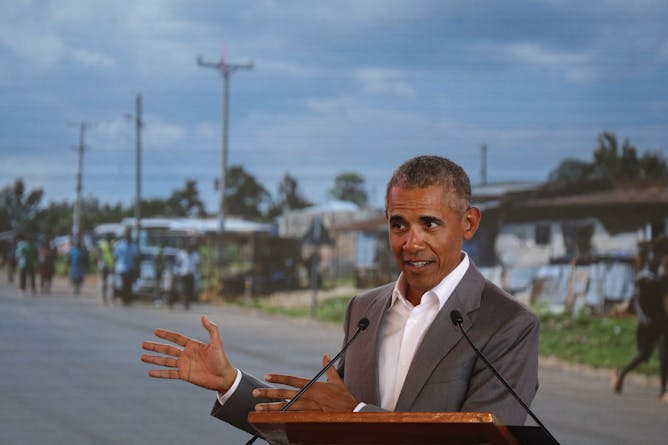
Former US president Barack Obama delivers a speech in Kenya ahead of his visit to South Africa.
Dai Kurokawa/EPA
Aaron X. Smith, Temple University
Barack Obama is delivering the Nelson Mandela lecture in a changing world dominated by the often outrageous utterances of his successor, US President Donald Trump.
|
Mandela special
|
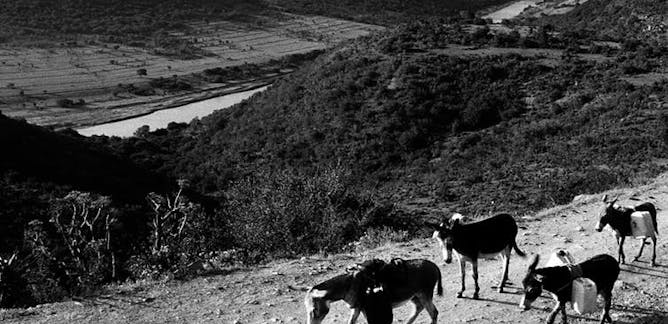
Raymond Suttner, University of Johannesburg
Photographs tell the story of Nelson Mandela the humanist and take us into the settings that shaped his childhood.
| |
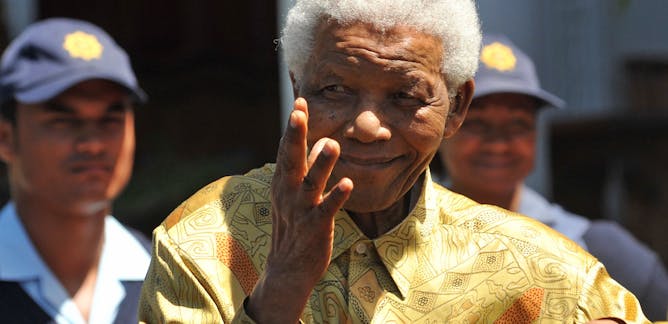
Louise Bethlehem, Hebrew University of Jerusalem; Karin Berkman, Hebrew University of Jerusalem
Nelson Mandela's release in 1990 was met by an outpouring of poetic celebration both within South Africa and globally.
|
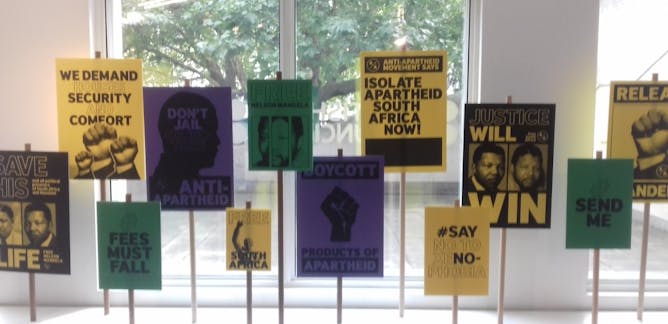
Andy Higginbottom, Kingston University
Corporate interests undermine the British Council's mission to build trust.
| |
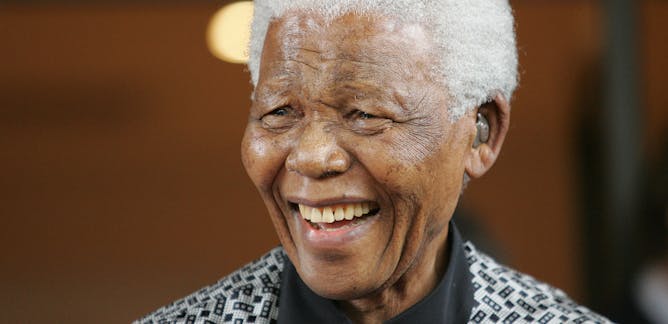
Tal Zalmanovich, Hebrew University of Jerusalem
From the early 1980s, local governments in the UK began renaming streets, housing estates and community centres after Mandela as an act of protest.
|
|
|